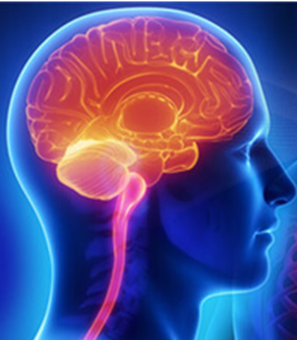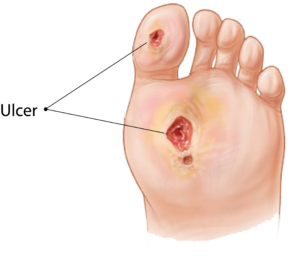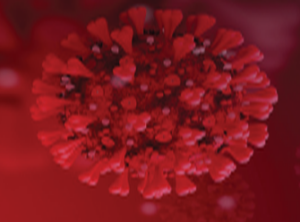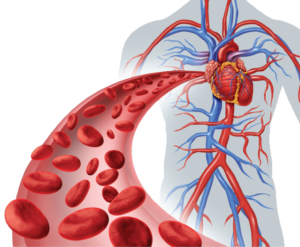
There is new hope.
We believe therapeutic angiogenesis, in the form of Fibroblast Growth Factor 1 (FGF-1), can be used to treat a number of medical conditions currently unmet in neurology, heart disease, and diabetes. Scientists and doctors have been working on therapeutic angiogenesis for the last 40 years. We are using this research to bring you new treatments for Parkinson's Disease, Heart Disease, Diabetic Foot Ulcers, MS, ALS, and other diseases.

Neurological Diseases
Vascular disorder and reduced blood perfusion in the small capillaries of the brain lead to the slow starvation of neurons. We believe that this is the initiating cause of Parkinson’s disease, as well as numerous other neurodegenerative diseases, including Alzheimer’s disease and MS.
> More about Parkinson's Disease (PD)
> More about Multiple Sclerosis (MS)
> More about Amyotrophic Lateral Sclerosis (ALS)
> More about Chronic Traumatic Encephalopathy (CTE)
> More about Chronic Depression & Major Depressive Disorder (MDD)
Diabetic Foot Ulcers
A diabetic has a lifetime risk for developing tissue loss through a diabetic foot ulcer (DFU) of at least 15–25%. Approximately 60% of DFUs progress to become diabetic foot infections and 20% of those infections lead to some form of amputation. Mortality rates among patients with amputations related to DFUs parallel pancreatic and lung cancer, with only a 20–61% 5-year survival rate.
Human growth factor FGF-1 is potently mitogenic for dermal fibroblasts, vascular endothelial cells, and epidermal keratinocytes which makes it an extremely attractive therapeutic agent to promote dermal healing for Diabetic Foot Ulcers and Venous Leg Ulcers.


COVID-19 Lung Damage and Lung Disease
30% of the individuals infected with COVID-19 and have symptoms, will sustain long-term lung damage. The cells in the lungs that are attacked by SARS-CoV-2 virus are the epithelial cells.
Wund believes, based on animal studies, that FGF-1 has shown great promise to stimulate the growth of lung epithelial cells and to repair damage in the lungs. Wund is developing a clinical protocol to quickly start clinical trials for COVID-19 Lung Disease.
Heart Disease and Stroke
Heart Disease and Stroke result from a lack of blood flow to the heart or the brain. Clinical studies support the angiogenic potential of human growth factor FGF-1 in stimulating the growth of new functional and stable blood vessels, including in the human myocardium.

